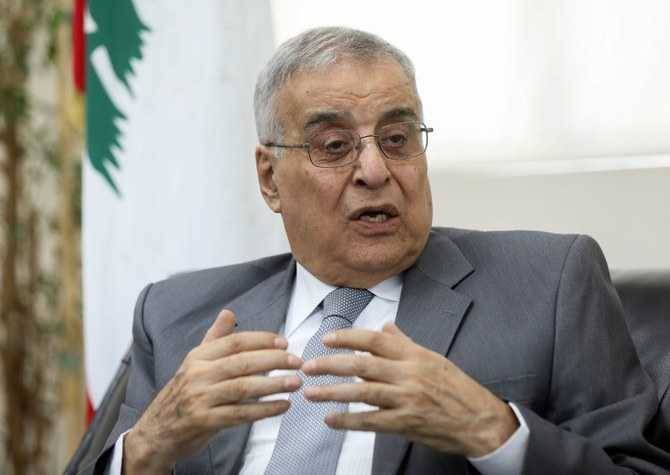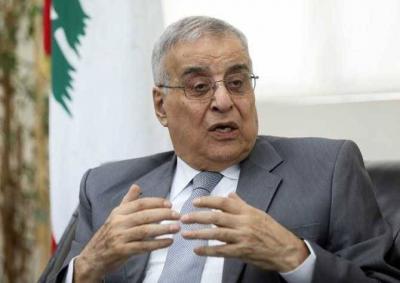The military escalation that enveloped the southern borders yesterday, extending from the deterioration that began last Friday, did not overshadow the ongoing momentum of communications conducted by the French presidential envoy Jean-Yves Le Drian a few days ago. Amid expectations of the arrival of the Qatari envoy Jassim bin Fahd Al Thani (Abu Fahd) this week in Beirut, it was notable that discussions related to the Lebanese issue took place on the sidelines of the Global Climate Summit in Dubai. Caretaker Prime Minister Najib Mikati, who met yesterday with Egyptian President Abdel Fattah El-Sisi, had met the day before with French President Emmanuel Macron. From Dubai to Doha, President Macron had discussions with Qatari Emir Sheikh Tamim bin Hamad Al Thani.
The common denominator of these communications, both in Lebanon and abroad, was the movement of the Quintet Committee for Lebanon, which includes, in addition to France, Egypt, and Qatar, both the United States and Saudi Arabia. Informed sources revealed to "Nidaa Al-Watan" that the Quintet countries have intensified their efforts in recent days regarding the Lebanese crisis in all its dimensions. In addition to the "main concern" of the committee to keep Lebanon away from the Gaza war, the focus is on issues surrounding the extension of Army Commander General Joseph Aoun's term, the presidential elections, and the implementation of Resolution 1701.
What are the indications from these sources regarding these files? The sources answered that Resolution 1701 "requires separate negotiations whose details have not yet matured." As for the extension of General Aoun's term and holding presidential elections, the Qatari envoy arriving after the French will clarify that Lebanon has a choice between two options: either to proceed now with extending the Army Commander’s term or to elect a new president.
They stated, "Those who do not want to extend the Army Commander’s term are positioning themselves against the Quintet Committee, as this would legitimize chaos in the country and place it outside international legitimacy, exposing Lebanon to dangerous possibilities." They added, "The necessity of a third option in the elections is due to the lack of prospects for the two candidates currently proposed, which necessitates moving towards convergence and consensus to fulfill the Lebanese interest and the political moment. Also, holding presidential elections now could complete the state’s institutional structure, thereby negating the need to extend the Army Commander’s term."
The sources concluded by stating, "If holding presidential elections proves impossible, the international community cannot accept leaving the Army institution hollow during a critical and delicate phase. Therefore, the recent messages from the Quintet were quite firm, even if they came within a negotiation context, exemplified by Le Drian's interaction with Deputy Gebran Bassil."
As for the political developments related to the confrontations in the south, the caretaker Minister of Foreign Affairs Abdullah Bou Habib, returning from a European tour that included Brussels and Barcelona, revealed to "Nidaa Al-Watan" that Israel had sent several messages regarding the south with parties from the European Union, conveyed by Joseph Borrell, the EU’s High Representative for Foreign Affairs and Security, and through the Vatican. According to Bou Habib, these messages stated that Lebanon must implement International Resolution 1701, and that Hezbollah's presence should be north of the Litani River, not south of it.
Diplomatic sources monitoring the situation indicate that Western countries, especially the United States, are exerting pressure on Israel to refrain from any escalating strikes in the south. In contrast, sources point out that Hezbollah has no intention of raising the level of tension.




